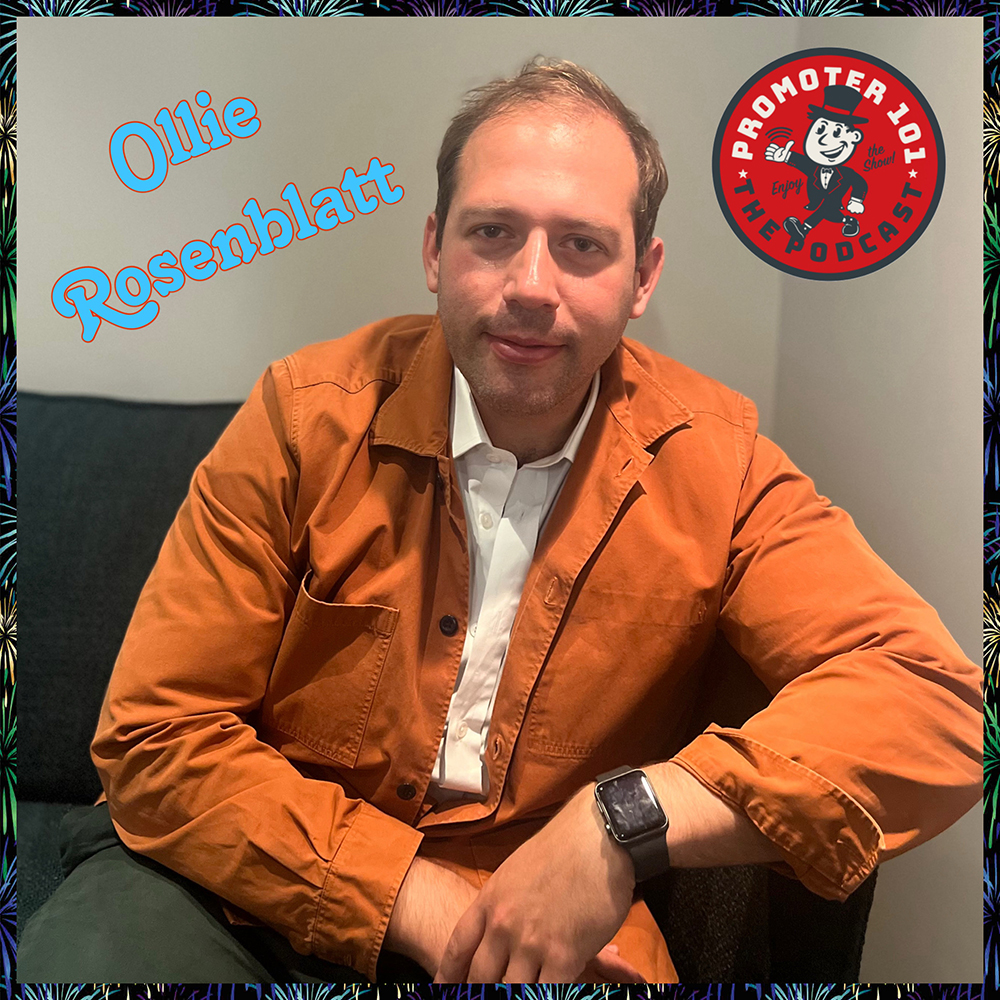
WASHINGTON D.C. (CelebrityAccess MediaWire) — Internet radio stations have ended their two-year war with labels after agreeing to new royalty rates on Tuesday that cover streaming music.
Internet radio stations had been concerned for their own survival after a 2007 ruling by a federal royalty board said that webcasters would need to comply with a fee that would increase next year to .19 cents for each song streamed to a listener, an increase that many 'net radio stations said would put them out of business.
The new agreement, dubbed Pureplay, will tailor royalty payments more closely to websites, based on their size and business model. Pureplay will identify distinct class of webcasters whose predominant form of business and revenue generation is the streaming of sound recordings under a government license — hence the term "pureplay." For these webcasters, the agreement provides for three rate classes, under which webcasters can opt for an alternative rate structure.
The three rate classes are large pureplay webcasters, small pureplay webcasters (defined as those earning $1.25 million or less in total revenues with a cap on music streamed) and pureplay webcasters that provide bundled, syndicated or subscription services.
Small Pureplay webcasters (less than $1.25 million in revenue) will have to pay 12 to 14% of the revenue in royalties while larger sites such as Pandora will pay 25 percent of revenue or a fee each time a listener steams a song, starting at .08 cent for songs streamed in 2006 and increasing to .14 cent in 2015. Additionally, all stations would need to pay a minimum fee of $25,000 which can be applied to their royalty payments, the New York Times reported.
"Time will tell if revenue sharing is the right move for both the recording community and webcasters," said John Simson, Executive Director of SoundExchange. "But we’re willing to take the risk in the hope that artists, rights holders and webcasters can all benefit."
Internet radio is one the only outlets for developing artists that have little chance for airplay on the increasingly formulaic playlists of traditional commercial radio. Online audiences have been shrinking and online audiences have been expanding, particularly as wireless network bandwidth capacity increases with new technology. Additionally, many net-based radio stations provide capabilities for listeners to immediately purchase music they are listening to.
Such Internet stations "have been very important for us to find an audience, because we’re an independent band and we don’t have the reach, advertising-wise, that other bands have," Nils Erickson, a musician with San Francisco band 20 Minute Loop, told The Times. – CelebrityAccess Staff Writers
























































